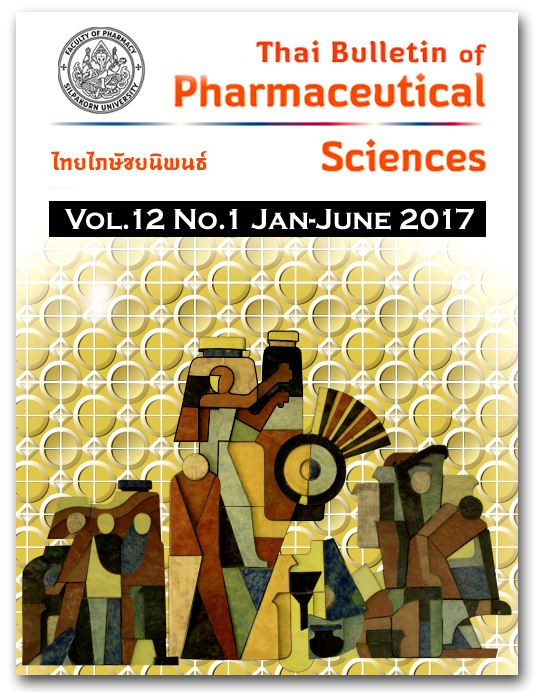ADVERSE METABOLIC EFFECTS OF DIETARY FRUCTOSE
DOI:
https://doi.org/10.69598/tbps.12.1.45-53Abstract
Metabolic syndrome is a cluster of disorders of metabolism associated high blood pressure, high blood glucose, excess body weight, abnormal cholesterol levels. Each of these disorders is by itself a risk factor for other diseases including type 2 diabetes (T2D), cardiovascular disease, and hypertension. Excessive sugar intake through the consumption of sugar-sweetened beverages has a direct association with the risk for metabolic syndrome including obesity and type 2 diabetes. High fructose corn syrup (HFCS) which contain fructose as primary component is an alternative sweetener that can serve as a replacement for sucrose may induce adverse metabolic effects. Although fructose is safe at typical intake levels, it can produce adverse metabolic effects when it is abused. Evidence consistent with this possibility is accumulating. Epidemiological, animal experimental and clinical trials have been proposed, although they may require further expansion and evaluation. Here, we aim to document several studies that indicate that dietary fructose in the form of HFCS induce adverse metabolic effects via several mechanisms. In one such mechanism, HFCS may enhance hepatic de novo lipogenesis, thus linking HFCS with the other metabolic conditions related to lipid regulation.
Downloads
Published
How to Cite
Issue
Section
License
All articles published and information contained in this journal such as text, graphics, logos and images is copyrighted by and proprietary to the Thai Bulletin of Pharmaceutical Sciences, and may not be reproduced in whole or in part by persons, organizations, or corporations other than the Thai Bulletin of Pharmaceutical Sciences and the authors without prior written permission.



